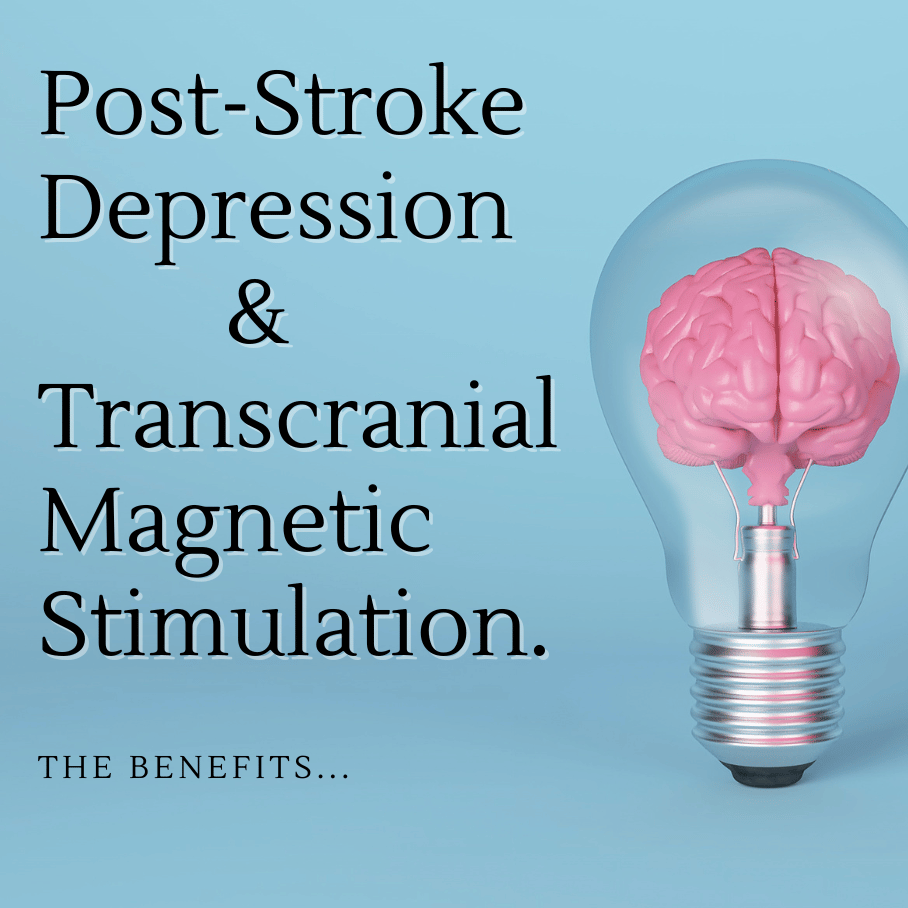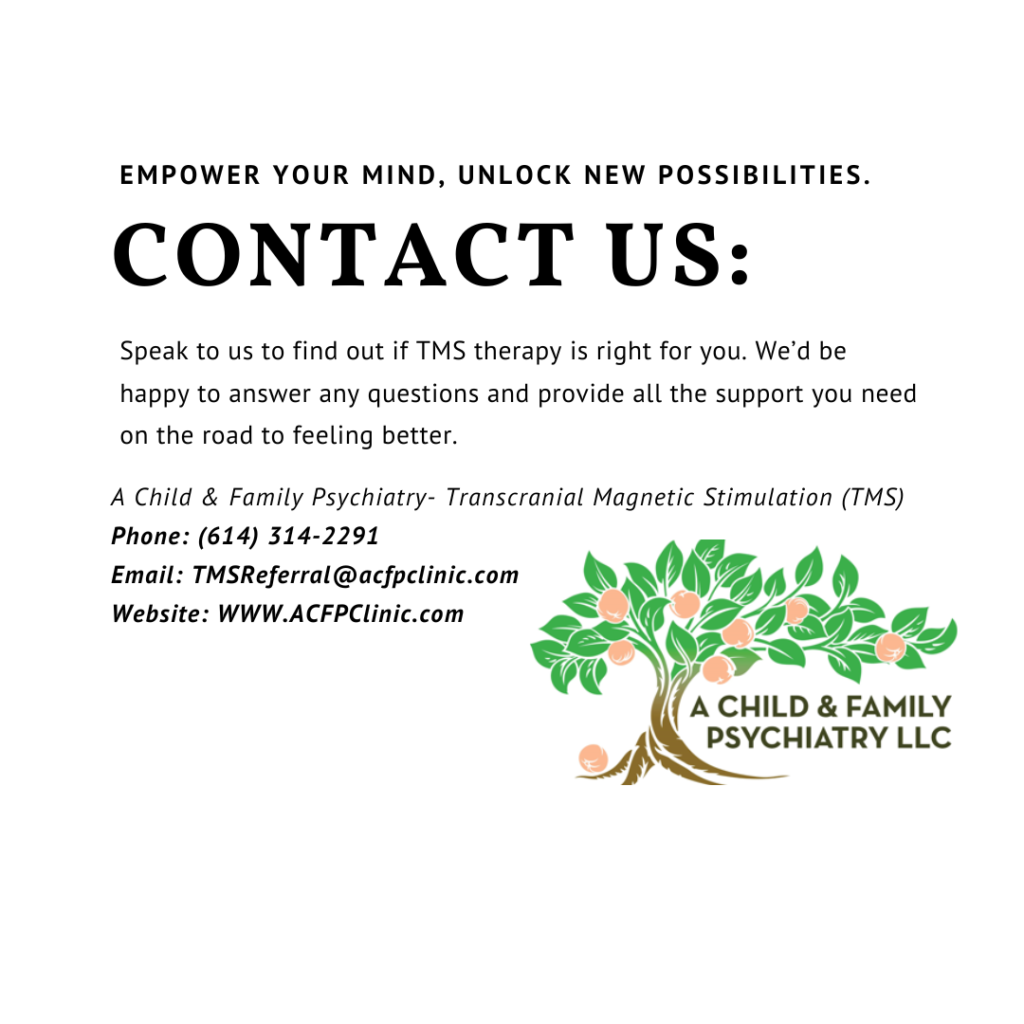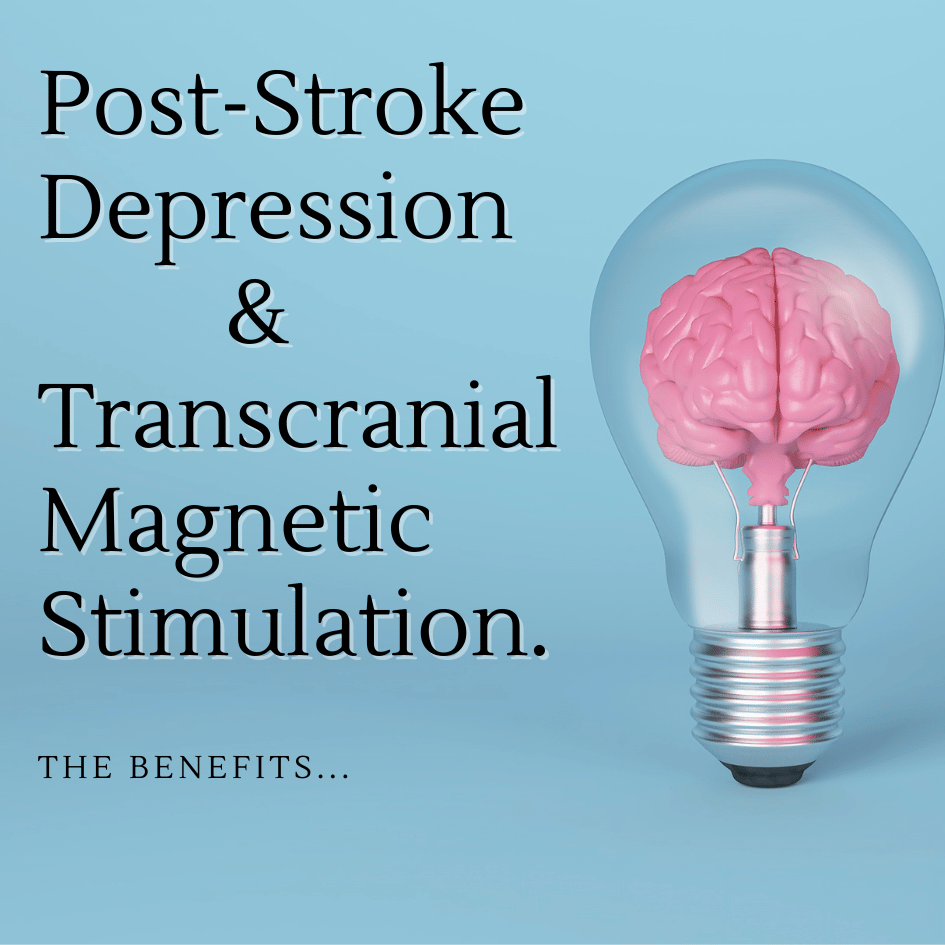
Disclaimer: This blog is for informational and educational purposes only. This blog is not taken as medical advice or used as a substitute for such. You should always speak to your doctor or medical professional.
A stroke can be a devastating occurrence, both for the individual and their loved ones.
Strokes can be severe or mild, but they are always a significant health event that must
be addressed immediately. Doctors will prescribe emergency measures and treatments
to prevent further strokes, and the patient may need rehabilitative services to recover
from a stroke’s side effects.
It is very common for people who have had a stroke to suffer from depression following
the event. A stroke is a brain injury, and in some cases, the damage may cause the
individual not to feel positive emotions. In other cases, the person may experience
depression because of what they’ve lost because of the stroke.
The prevalence of post-stroke depression (PSD) is about 40% and can still affect 31%
of patients after five years. If untreated, PSD can accelerate the onset of cognitive
decline or increase the severity of cognitive dysfunction if already present. Other
concerns arising from PSD are an increased risk of disability and stroke recurrence,
putting additional financial and psychological burdens on the individual, their families,
and the community.
Post-stroke depression (PSD) is treated similarly to other types of depression as it
presents with the same set of symptoms. Today, we’ll explore post-stroke depression
and how transcranial magnetic stimulation (TMS) can help provide relief.
Post-Stroke Depression Symptoms and Prognosis
Symptoms of post-stroke depression are characterized in much the same way as other
manifestations of depression. Symptoms of PSD can include:
-Sadness
-Anxiety
-Feeling empty
-Hopelessness, helplessness
-Lack of energy, fatigue
-Inability to concentrate
-Low libido
-Difficulty remembering things
-Inability to make decisions
-Lack of interest in things you once loved
-Sleep disruptions (insomnia, oversleeping)
-Changes in appetite (lack of appetite or overeating)
-Suicidal ideation
Recovering from a stroke can be hard work, requiring a concerted effort from the patient
to achieve a full recovery. Depressive symptoms may persist and, if untreated, could
make stroke rehabilitation more challenging.
Treating depression will provide many benefits as the individual will be more present for
their treatment. When patients are withdrawn and less enthusiastic about their recovery,
they generally receive lower levels of support and may not achieve the level of recovery
they would otherwise be capable of.
What Can Be Done to Treat Post-Stroke Depression?
Treatments for PSD are similar to those for other types of depression and include
psychotherapy, physical therapy, and medication.
Psychotherapeutic interventions include behavioral therapy, one-on-one talk therapy,
family therapy, and other modalities. Physical therapy can be effective for rehabilitation,
but it also promotes serotonin and dopamine production, which can lift the mood almost
as effectively as some medications.
Medications can be considered if PSD worsens or does not improve with non-
medication interventions. Side-effect profiles should be considered, as certain
medications can exacerbate physical symptoms. SSRIs are often well-tolerated, but it’s
worthwhile to consider non-drug treatments. Certain types of anti-depressants can
make stroke symptoms worse or even increase the risk of having another stroke. Side
effects of anti-depressants may also slow physical recovery, so benefits should be
weighed against risks in each case.
TMS for post-stroke depression has shown excellent results for many, offering a drug-
free alternative that may help accelerate recovery and rehabilitation.
Transcranial Magnetic Stimulation (TMS) and Post Stroke Depression
Transcranial magnetic stimulation (TMS) is an in-office treatment approved for treating
major depression. The use of TMS for post-stroke depression has been much studied in
recent years, with results published in several prominent journals.
Most findings show that baseline depression decreased in TMS groups, whereas control
groups not receiving TMS showed no change. Further, studies showed that in addition
to improving depression, the treatment was well-tolerated and deemed worthy of further
investigation.
Another study conducted at the WVU School of Medicine indicates that TMS can also
benefit post-stroke motor recovery, which may in itself help to improve depression.
Some clinicians involved in the study said that TMS should become part of the post-
stroke standard of care as it enhances stroke recovery beyond its potential effect on
mood.
Published data also points to rTMS’ ability to enhance the cognitive function and basic
daily living skills of people experiencing PSD. This study showed that TMS improved
patients’ initiative to engage in rehabilitation exercises, a significant benefit in
overcoming the effects of a stroke.
Patients with post-stroke depression face an uphill battle in returning to normal,
particularly when depression compounds physical limitations. TMS is a non-invasive in-
office procedure that is effective and comfortable for the patient. Many find it an
excellent alternative or adjunct to other types of depression treatments, as medications
can often make stroke symptoms worse.
In most cases, insurance will cover TMS treatments for depression, and our office is
happy to work with you to determine your coverage. To find out more, call 614-768-2700
or email us at tmsreferral@acfpclinic.com.






